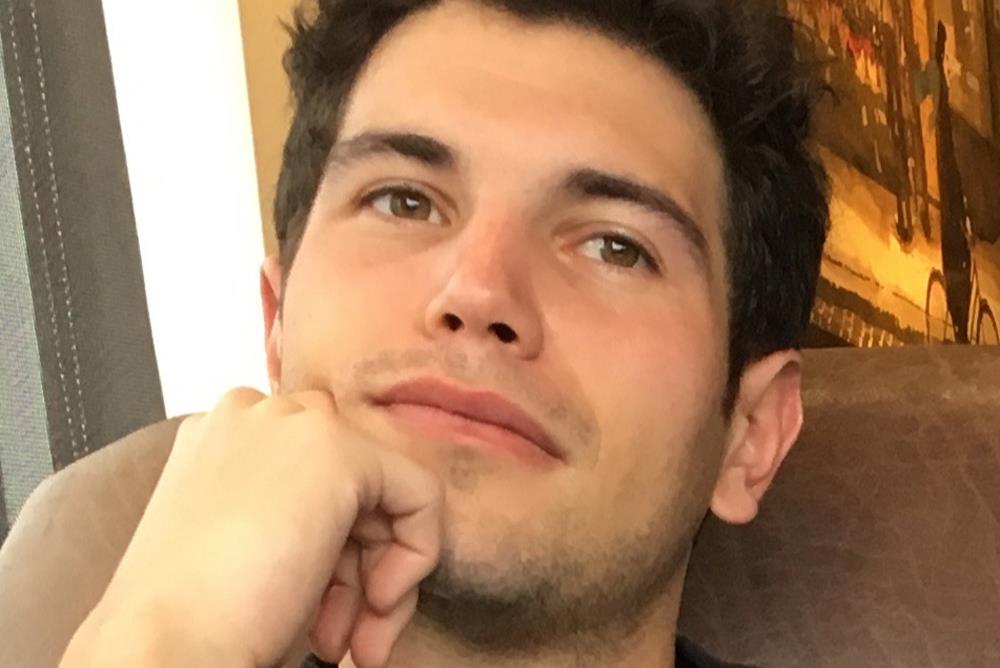A&S Graduate Studies
[PAST EVENT] Michael Chaim Freid, Physics - Oral Exam for the Ph.D.

Michael Chaim Freid, Physics - Final Oral Exam for the Ph.D. Title: Topics in Proton Structure: BSM Answers to its Radius Puzzle and Lattice Subtleties within its Momentum Distribution
Abstract: This thesis covers two subjects, briefly outlined below, of hadronic physics.
The proton radius puzzle and the muon anomalous magnetic moment discrepancy point to possible signs of lepton-universality violation. We introduce the context and background necessary to understand these two problems. And we analyze two suitable beyond-the-standard-model solutions, one vector-based and one scalar-based, which simultaneously solves both issues. Furthermore, we demonstrate that the parameter space of the respective solutions can be chosen so as to not be completely forbidden by considered experimental constraints. Specifically, we show that certain violations, analyzed by other authors in the context of similar solutions to those proposed, are ameliorated if one adds to the proposed solutions particular criteria required for renormalizability.
We also explore the field of lattice perturbation theory in the context of deep inelastic scattering. In particular, we study the connection between lattice-based Euclidean parton distributions and their experiment-based Minkowskian equivalents. These parton distributions are extracted from deep inelastic scattering processes in which leptons are scattered of hadronic targets at energy levels high enough to resolve the internal hadronic structure. To synchronize experiment with theory, one must find the proper matching criteria to transform approximations of parton distributions, known as quasidistributions, as they are resolved on a computer (i.e. the lattice), back to the full parton distributions extracted from experiment. We provide the necessary background to understand context of the above and show the procedures necessary to match experiment with the lattice. We demonstrate how one must tread carefully to properly perform such a matching.
Bio: Michael Freid entered the world in San Francisco on the first of November, 1989. He spoke his first word, good, while eating ice cream. Ice cream remains his favorite desert. Preferring math & science to spelling, Michael gained an unceasing curiosity for the natural world at an early age. Though Michael flirted with physics throughout high school, he initially set his eyes on computer science when he entered Rensselaer Polytechnic Institute in 2008. After his first semester, he picked up physics as an additional major. In 2011, Michael graduated. The following year, Michael was awarded Jefferson Lab's Theory Research Scholarship and began his Ph.D. at William & Mary. Michael started his work under Carl Carlson in 2014 to solve the proton radius puzzle. From 2015 through 2017, he researched how to match lattice calculations to experiment. After receiving his Ph.D., Michael will continue his role with the startup Scopeworker to transform the way enterprises and their suppliers collaborate.
